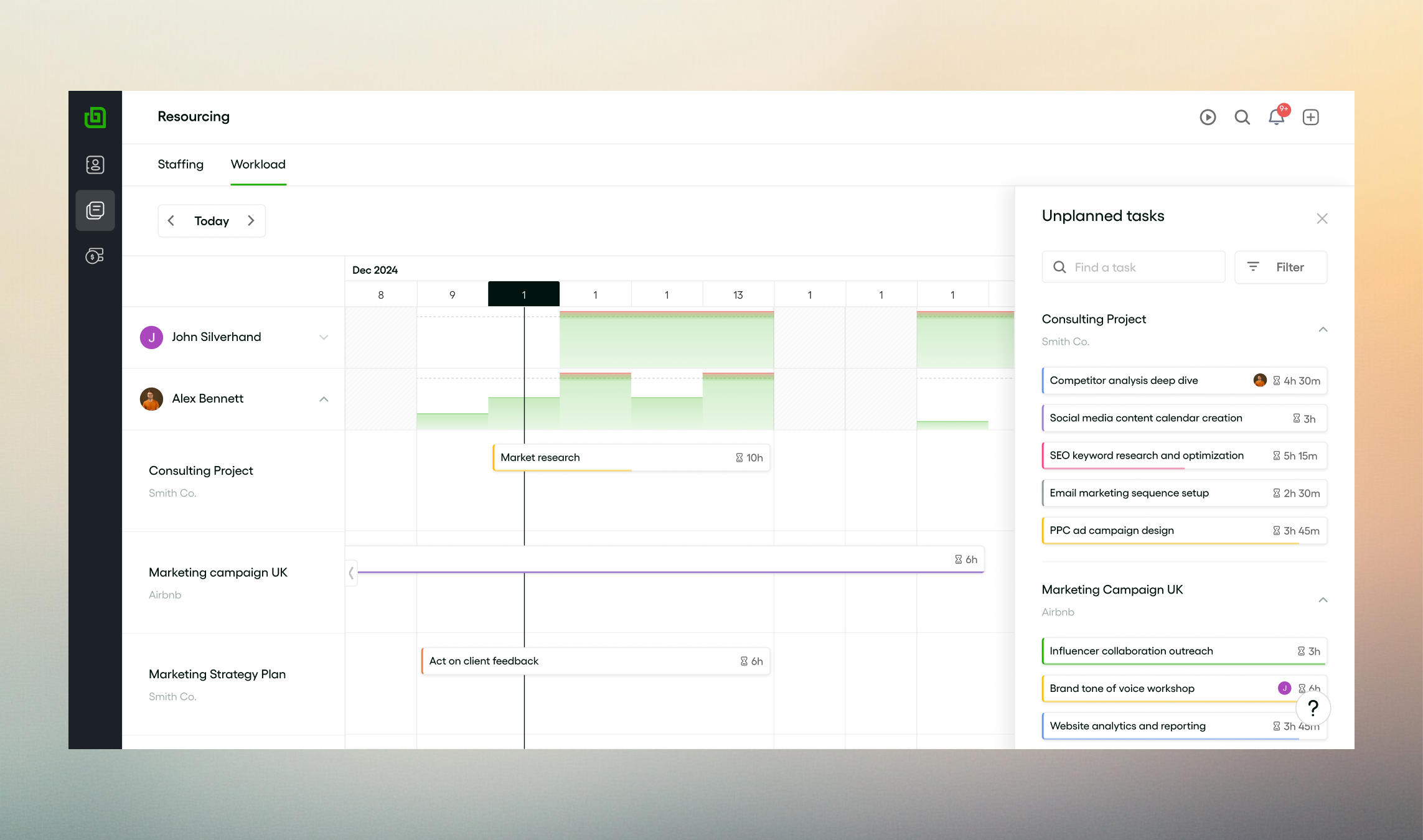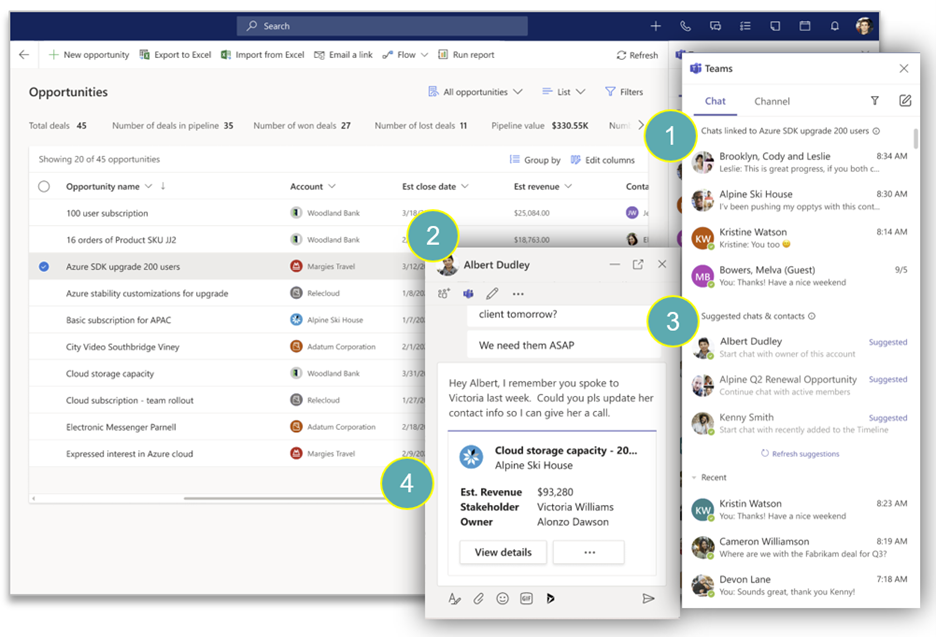Team leadership is the ability to guide and direct a group towards achieving common goals. Effective team leaders possess skills such as communication, decision-making, and conflict resolution, which are crucial for fostering a productive and harmonious work environment. They focus on team development and leadership growth, often adopting servant leadership to prioritize team needs. In 2026, mastering these skills is vital for driving team success and innovation. Key responsibilities include setting goals, monitoring performance, and providing feedback. By enhancing these capabilities, leaders can significantly impact team dynamics and organizational success.
Definition of Team Leadership
Team leadership refers to an individual’s or a group’s ability to guide and direct team members toward achieving a common goal. It encompasses various leadership skills, including effective management, group leadership, and a unique leadership style tailored to the team’s needs and abilities.
Successful team leaders focus not only on team development but also on leadership development. They foster a culture of change and learning, often practicing servant leadership—emphasizing service to the team. Various team leadership behaviors positively influence team management skills.
Role of a Team Leader
A team leader’s role centers around effective management skills and team leadership. They:
- Promote team development
- Set goals
- Ensure targets are achieved
- Cultivate leadership skills within the team
- Stimulate productive collaborations
- Resolve conflicts
Effective team leaders exhibit various leadership styles, adapt to team dynamics, and foster a sense of unity and collective responsibility among team members. These team leaders also make sure the work remains process-based and doesn’t sacrifice the wellbeing of each team member at the same time.
The Importance of Team Leadership
Team leadership is pivotal for any organization aiming for success. Team leaders play a significant role, leveraging their leadership skills to nurture team development, enhance management skills, and steer their team toward shared goals. Leadership development programs can greatly strengthen these competencies.
Among the various styles, servant leadership stands out for its effectiveness. This style involves leaders prioritizing the team’s needs over their own, empowering members, and fostering collaboration. Considering the complexities of group leadership, choosing the right leadership style is crucial.
Successful team leaders blend robust team management skills with Team Leadership Behaviors. Together with a clear vision, these elements propel team performance and productivity.
Boosting Team Morale and Motivation
Effective management skills are essential for elevating team morale and motivation. Team leaders should practice servant leadership, prioritizing the team’s needs and cultivating trust and cooperation. This approach significantly aids in team development and enhances job satisfaction.
Key team leadership behaviors—like open communication, acknowledging contributions, and fostering a sense of belonging—are also vital. Moreover, the leadership role includes ongoing leadership development to motivate and guide the team toward its goals. Implementing these strategies can make any team leader more effective.
Enhancing Communication and Collaboration
Effective management skills, servant leadership, and team leadership behaviors are pivotal for enhancing communication and collaboration. Developing these aspects can help shape a successful team leader who effectively navigates any task at hand.
Team development practices hinging on these areas are vital, enabling team leaders to foster openness, mutual respect, and trust among team members. Their leadership style should empower their teams, thereby promoting group leadership and enhancing the overall performance of an organization.
Therefore, leadership development with an emphasis on these areas can significantly improve a leadership team's potential fulfilling a critical leadership role and enabling optimal performance.
Driving Performance and Productivity
Driving performance and productivity necessitates effective management skills and a robust servant leadership style. Successful team leaders show team leadership behaviors that promote growth and efficiency among their members.
Leadership development programs provide team leaders with the tools and knowledge they need to bring out the best in their teams. This process of team development involves fostering leadership skills among members to encourage group leadership and shared responsibility.
In this leadership role, the emphasis is on the leadership team building an environment where everyone feels valued and driven to contribute to the team's success.
Essential Skills for Effective Team Leadership
Effective team leadership requires a combination of leadership skills that foster team development and encourage productivity. Successful team leaders need to master a range of leadership styles to adapt to varying team dynamics. Key skills include effective management skills such as delegating tasks optimally, conflict resolution, and the ability to inspire and motivate.
Additionally, employing servant leadership can enhance a leader's credibility and lead to team members feeling valued. Understanding your leadership role entails practicing empathy, active listening, and personable communication, ensuring a unified and productive leadership team.
Communication Skills
Effective communication is crucial to team leadership and leadership development. It involves conveying information in a clear, concise, and convincing manner that fosters trust and respect among team members.
Some essential communication aspects involve leadership skills such as active listening, empathy, and clarity in speech. They also encompass:
- Maintaining a balanced leadership style that suits the team's dynamics
- Exhibiting team leadership styles adaptable to various situations
- Language skills that induce effective management skills
These key behaviors foster group leadership, making one a successful team leader. Ultimately creating a servant leadership role that enhances team development.
Decision-Making Skills
Developing decision-making skills is paramount in effective team leadership. This involves the ability to analyze situations, evaluate potential outcomes, and positively influence your team. Leaders with strong decision-making skills not only foster team development, but also model successful leadership behaviors.
Some leadership styles that encourage decision-making skills include servant leadership, which emphasizes the needs of the team before the leader, and group leadership, which encourages collective decision-making.
Both styles can significantly improve a team's overall leadership development and success. Furthermore, a leader's decision-making skills are crucial in defining their leadership role and style.
Conflict Resolution Skills
Conflict resolution is a crucial part of successful team leadership. It not only aids in leadership development but also strengthens team management skills. Leaders must master the ability to mediate disputes fairly and efficiently to maintain a healthy, productive environment.
Part of this involves understanding team leadership styles and their effectiveness in different scenarios. Traits like group leadership and servant leadership can aid significantly in conflict resolution. Being a successful team leader means developing robust conflict resolution tactics and adopting a leadership style that best suits the team's development needs.
Delegation Skills
One of the critical leadership skills needed for successful team leadership is delegation. Effective delegation involves clearly defining responsibilities, setting measurable goals, and following up on tasks assigned to team members. This requires a thoughtful approach to team development and a collaborative leadership style.
Some key Team Leadership Behaviors required to successfully delegate include:
- Clearly communicating expectations
- Trusting team members with important responsibilities
- Providing guidance without micromanaging
This approach builds on servant leadership principles, tasking the leader with providing the necessary support and resources for team members to succeed.
Key Responsibilities of a Team Leader
A team leader’s key responsibilities are integral to team development. They must excel in decision-making, motivate team members, and align the team’s goals with the company’s objectives. Strong leadership skills and effective management are essential, fostering an empowering leadership style for optimal group performance.
Team leaders also facilitate communication, handle conflict, and provide leadership development opportunities. Their behaviors should exemplify servant leadership, prioritizing the team’s growth and well-being.
Focusing on Performance
Success in team leadership involves recognizing individual efforts, promoting respect and cooperation, and demonstrating positive management skills. This dual focus on team and individual performance cultivates successful leaders.
Setting Goals and Objectives
Clear goals and objectives are the foundation of successful team leadership. Leaders must be clear in their role and encourage growth within the team.
Considerations include:
- Exhibiting behaviors that foster a positive work environment.
- Promoting leadership development in every team member.
- Understanding servant leadership to serve the team’s needs.
Monitoring Team Performance

Monitoring team performance requires setting clear expectations, tracking progress, providing feedback, and adapting as necessary. The leadership style greatly influences team development.
Team leaders streamline processes and boost productivity, often embracing servant leadership to place the team’s needs first, enhancing team management skills. They also serve as more of a guide and don't micromanage or do “helicopter” leadership.
Providing Feedback and Coaching
Effective feedback and coaching are central to team leadership. Leaders use constructive criticism and servant leadership to promote their team’s development, fostering a positive leadership role.
Leadership coaching is about refining leadership behaviors, mastering skills, and being strategic in group leadership, fostering a cohesive and high-performing team.
Developing Team Leadership Skills
Developing team leadership skills is critical for those in a leadership role. A successful team leader nurtures group leadership and promotes team development. This can be achieved through various aspects of leadership style, such as servant leadership, which fosters a more supportive and collaborative environment.
Effective management skills are also crucial in leadership development. Skills like efficient decision making, communication, and resolution of conflicts are part of Team Leadership Behaviors that impact the overall performance of the team. Cultivating these leadership skills ultimately propels a team towards success.
Leadership Training Programs
Our leadership training programs are designed to enhance leadership skills, team management skills, and foster effective management skills. We focus on helping participants identify their inherent leadership style and understand its impact on their teams. Our programs stimulate leadership development through exercises aimed at improving Team Leadership Behaviors and group leadership.
Key features of our training include:
- Understanding and developing your personal leadership style
- Fostering servant leadership attitudes for a successful team leader role
- Exercises on team development for better team leadership
Self-Assessment and Continuous Learning
Team leadership plays a vital role in any successful organization. It involves continuous learning and self-assessment to enhance leadership skills and to drive team development effectively. Embracing the appropriate leadership style, including servant leadership, can have a significant impact on how well the leadership team performs.
A good leader understands the value of group leadership and the role it plays in creating a cohesive and productive team.
Successful team leaders often exhibit such effective management skills as communication, conflict resolution, and the ability to inspire and motivate. These are all traits that can be refined through self-assessment and continuous learning.
Leadership development is thus an ongoing process, requiring perseverance and commitment to the leadership role. It's a vital aspect of team leadership styles and behaviors.
Tools for Effective Team Leadership
Successful team leadership involves utilizing a range of effective management skills. Understandably, a significant aspect of leadership development is the use of a Project Management Information System, which can help in mastering one's leadership style and practicing servant leadership that prioritizes the needs of the team. Utilizing such a system helps in understanding and exhibiting team leadership behaviors that inspire and motivate the members.
Team leaders carry the responsibility of team development, which involves nurturing the growth of individual members and the team as a whole. Leadership skills such as active listening, clear communication and conflict resolution play crucial roles in leading a balanced and productive team.
Project Management Tools: Bonsai
.png)
Bonsai is a key project management tool that enable effective management skills and enhance team leadership behaviors. Particularly, Bonsai provides a visual overview of tasks, allow real time updates, and aid in the centralization of project communication. This directly supports team development and coordination.
In addition, Bonsai offers all the tools to manage team capacity, track budgets, tasks and hours and get insights on your business.

Try Bonsai for free now or book a demo.
Communication Tools: Slack and Microsoft Teams

Slack and Microsoft Teams are pivotal in fostering team development and empowering team leaders. They provide a platform where the leadership team can effectively communicate and collaborate.

Here is how these tools bolster leadership development:
- They enhance effective management skills by providing an organized means of assigning tasks and tracking progress.
- They promote team leadership behaviors by encouraging constructive feedback and open communication.
- These tools support the servant leadership style by focusing on the growth and well-being of the team members.
Overall, Slack and Microsoft Teams are instrumental in honing leadership skills and setting up successful team leaders.
Challenges in Team Leadership
Team leadership presents distinct challenges, with unity creation within the team being paramount. This task often demands advanced team management skills due to the diversity of personalities and abilities, which can lead to conflicts and miscommunication, affecting team development.
Leadership development is another hurdle. A successful team leader must exhibit flexibility in their leadership style, alternating between autocratic, democratic, and servant leadership as needed. Moreover, effective management skills are essential to address poor performance and motivate team members, balancing firmness with empathy.
Managing Remote Teams
Managing remote teams necessitates a combination of effective management skills, competent team leadership, and ongoing leadership development. Successful team leaders employ diverse leadership styles, such as servant leadership, to guide their remote teams. They shape effective leadership roles within the team, enabling remote oversight of team development.
Group leadership, fostering a democratic environment, allows for inclusive decision-making. Mastering these strategies is key to enhancing team management skills in remote settings.
Dealing with Team Conflicts
Effectively dealing with team conflicts requires outstanding leadership skills and management abilities. It’s a vital component of leadership development, impacting team development and overall productivity. Team leaders should adopt a leadership style that encourages open dialogue and ensures every member is heard.
Prominent team leadership behaviors include servant leadership, fostering a healthy work environment, and ensuring effective conflict resolution. A successful team leader addresses disputes promptly and constructively, maintaining team harmony, and aligning individual efforts with team goals.
Key approaches to conflict management include:
- Facilitating open and respectful communication
- Encouraging cooperation and collaboration
- Establishing clear team norms and expectations
Conclusion: The Impact of Effective Team Leadership
Effective team leadership significantly impacts team development and enhances leadership development. The leadership style adopted by team leaders plays a pivotal role in fostering efficient team management skills and shaping successful team leaders.
Servant leadership, group leadership, and various team leadership styles, coupled with effective management skills, influence the leadership team's role. Hence, effective team leadership is critical to driving successful outcomes and fostering leadership skills among members.







